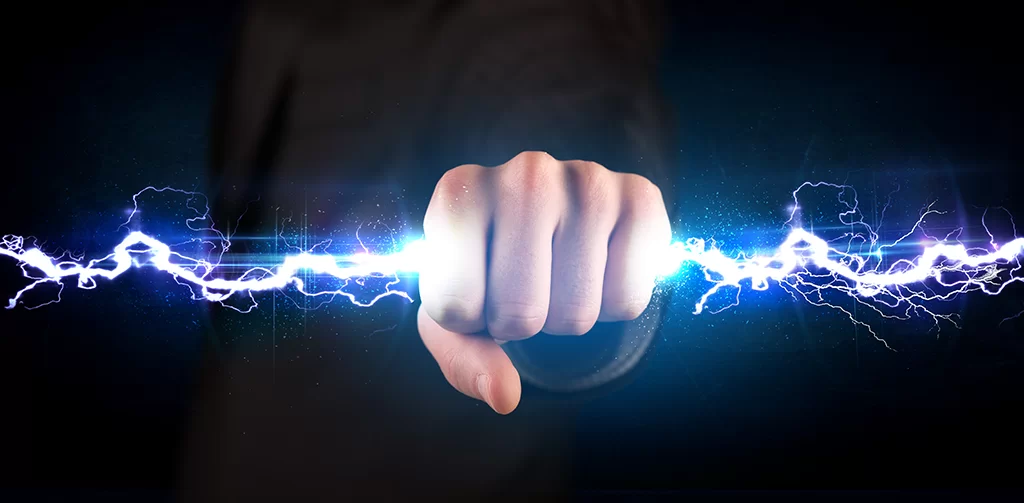[ad_1]
When you’re planning to head out for astrophotography, one of the things in your check lists it to figure out your power consumption (or it should if you haven’t figured that out yet!). Some people rely on batteries, others again have a steady power supply from a plug in their homes/outdoor observatory sites, and finally some would rely on a power generator.
To figure out how much power your equipment consumes per hour, there’s a simply calculation method. If you know your Watt-hours and Volts (most astronomy equipment is powered by 12 Volts) to Ampere-hours you can use a simple formula to discover the amount. Supposedly your Watt-hours is 240 then we get;
\[Ah = \frac{Wh}{Volts} => \frac{240}{12} = 20Ah\]
Now, to convert how much time would that give us, create a simple list of all your equipment and how many Amperes each one of them consumes. In my case,
- Mount (NEQ6 Pro): 4 Amp
- Cooling Camera (ASI1600GT): 2 Amp
- RCA Dew Heaters (1 Amp each): 2 Amp
- Lakeside Focuser: 1 Amp
- EAGLE Pro (Mini-PC + Power Management Unit): 1 Amp
That would give us a total of 10Ah. Supposedly I’m using a Duracell battery of 20Ah, then my power consumption would end up discharging my battery source after 2 hours (20 Ah / 10 Ah).
Instead, in my case I would then need a steady powersource for much longer than that. In average my observing sessions are no less than 3 hours (on mediocre nights) or even up to 4 or 5 hours when there are really beautiful night skies making it worthwhile to stay up longer.
A battery would be enough to just observe visually, but definetely wouldn’t take me a long way for astrophotography. And to make matters worse with batteries, they shouldn’t go below 20% of their total capacity if you want them to be long lived, or say goodbye to an expensive battery after just a few sessions!
I’ve decided that, for my own personal gain to buy a power generator that would provide me a reliable power source for many hours at end, without risking killing any expensive batteries, damage my equipment or to abandon a beautiful night sky. Additionally it gives me great independence from anything when it comes to sudden power outages, people around, or ending up running out on battery sources.
The downside is of course a solid power generator would become heavy to carry around (the one I’m looking at is 48 lbs) and the other downside is of course its loudness (~50 dB which corresponds to light rainfall) when its operating. You’ll also need a long cable to avoid having it too close to cause vibrations during your astrophotography session.
Ultimately nothing beats a steady power source offered by a wall outlet… But you can’t ask to have everything right?
[ad_2]
